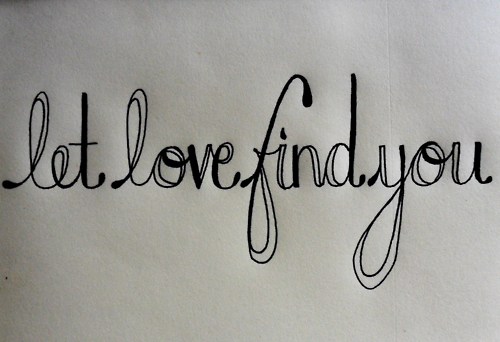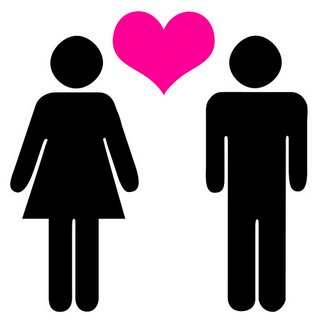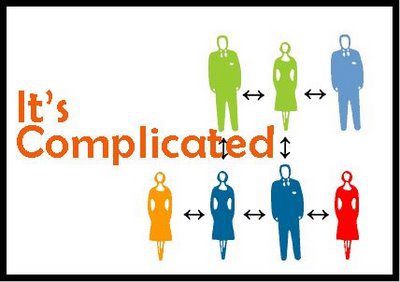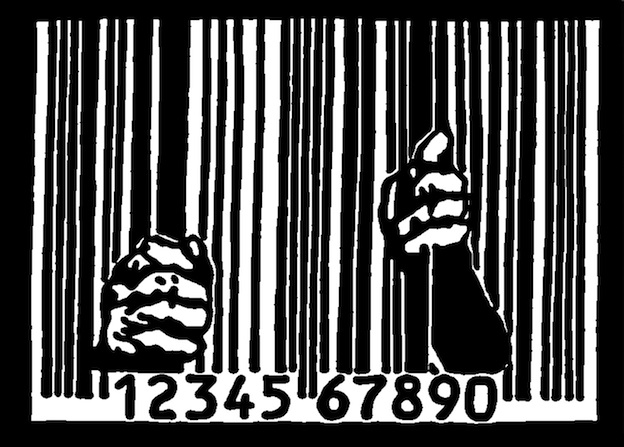We were pleased to be able to share our story on Multiple Match. The original article is here.
“Everyone has a story. Everyone has gone through something that has changed them.”
~ Author Unknown
Research has shown that about 4% to 5% of the American public practice consensual non-monogamy. That’s about 12-13 million people. That leaves about 300 million people who practice monogamy.
300 million.
We were monogamous. We grew up monogamous. Church was a huge part of our identity, and it pushed monogamy. Every lesson, love song, movie, book and even commercial seemed to be geared toward a monogamous audience. That was us. Monogamy, nothing but monogamy and monogamy forever, amen! Then, things changed.
Jadez and I were married. Through a series of events, we ended up becoming roommates with Stead. It was supposed to be short term. We were all in our twenties, trying to make our mark on the world. Living together offered us all the financial and emotional support we needed to go to college, learn trades and raise our kids. It seemed ideal, and it was.
Remember the church and our identity? Good ol’ southern church. Rumors spread that we were having affairs, orgies, practicing polygamy and even old school concubinage. Concubines? They really had to stretch for that one. Funny thing is, we were just roommates. Yet no matter how much we denied the rumors, people swore it was true.
“Prove it,” we said.
“We saw you and Stead shopping together.” Uh…we needed food?
“The three of you went out to eat together.” I don’t know…we were hungry, and we are friends?
My personal favorite: ”The Spirit of the Lord told me.”
Oh, well…if God told you…wait…God told you? How do you argue that one?
Long and short, in order to make us repent of our sins, we became pariahs, outcast from all the churches in our denomination in our area until we could confess and seek forgiveness. If you didn’t grow up in the church, the effect on us may be hard to understand. Every friend, family member or person we even knew by association was through the church, so they placed us in extreme isolation.
I was sub-contracted for a major petrochemical company at the time. My department head? A deacon in my church. My co-workers in my department? All members of the same church. I was reviewed a week prior and had a glowing report. The next week, I was informed my contract would not be renewed by the company. My replacement? The nephew of another deacon in the same church.Every single one turned their backs on us. Family members wouldn’t talk to us except to curse us…yes, curse us. Friends wouldn’t return our calls and stopped coming to visit. We found out later that the church had put out an edict saying that anyone associating with us would be equally punished by the church. They informed every church within the local association or our sin. We were outcast. It even affected employment.
A funny thing happened though. We knew we had done nothing wrong, and we were not going to be bullied into acting like we did. Their actions caused us to depend on each other more which drew us closer together. We know now we were becoming an intentional family. Then, the unthinkable happened. We fell in love.

We struggled with it, denied it and fought it, but we eventually gave in. After a long talk, we decided to be together as life partners. As for the church…they already thought we were doing it and punished us for it, so what did it matter? The only form of consensual non-monogamy we really knew about was polygamy, so that was what we identified with. Understand, we didn’t choose this because of God or we were ordained to be poly. As far as we were concerned because of the church’s reactions, God was against it. We chose this because we fell in love.
Fourteen years ago, there weren’t a lot of websites that talked about consensual adult polygamy, and those that did, didn’t have a lot of information. We would visit online groups to find out more, but ended up sharing our experiences, our success and failures instead. It was trial and error for us. There were so many things we learned. Some we embraced and others not so much. Thus, we grew and started PolyLiving.net
We stayed active in the online polygamy community and tried to do our part. It was scary and exhilarating. The first time we were asked to do a interview for television, we were terrified. We agreed but with stipulations: it had to be in another city, our names couldn’t be used, use silhouettes and if they had to do a body shots of us, it had to be from behind or our faces blurred. We were even asked to do a couple of television shows. Those we declined. We were worried because old family members and ex’s were trying to cause us problems with our professional lives and with our children. We prevailed…barely.
As time went on and we learned more about ourselves, we realized that we were open to more. We had seen this word around the internet… Polyamory.
There are no scripts or models for open relationships, so people in them must invent their partnerships by living them.
’Opening Up‘, Tristan Taormino
That is us, inventing our partnership by living it. I remember in the beginning we’d met a family that had been together for 12 years. We thought that they must know so much about poly. Now, 14 years later, we’re that family, and I realize–we’re just getting started.

 What is the difference between unicorn triad and a poly-fi triad?
What is the difference between unicorn triad and a poly-fi triad? A “unicorn triad” is a triad consisting of a dyad and a third partner (the unicorn).
A “unicorn triad” is a triad consisting of a dyad and a third partner (the unicorn).












